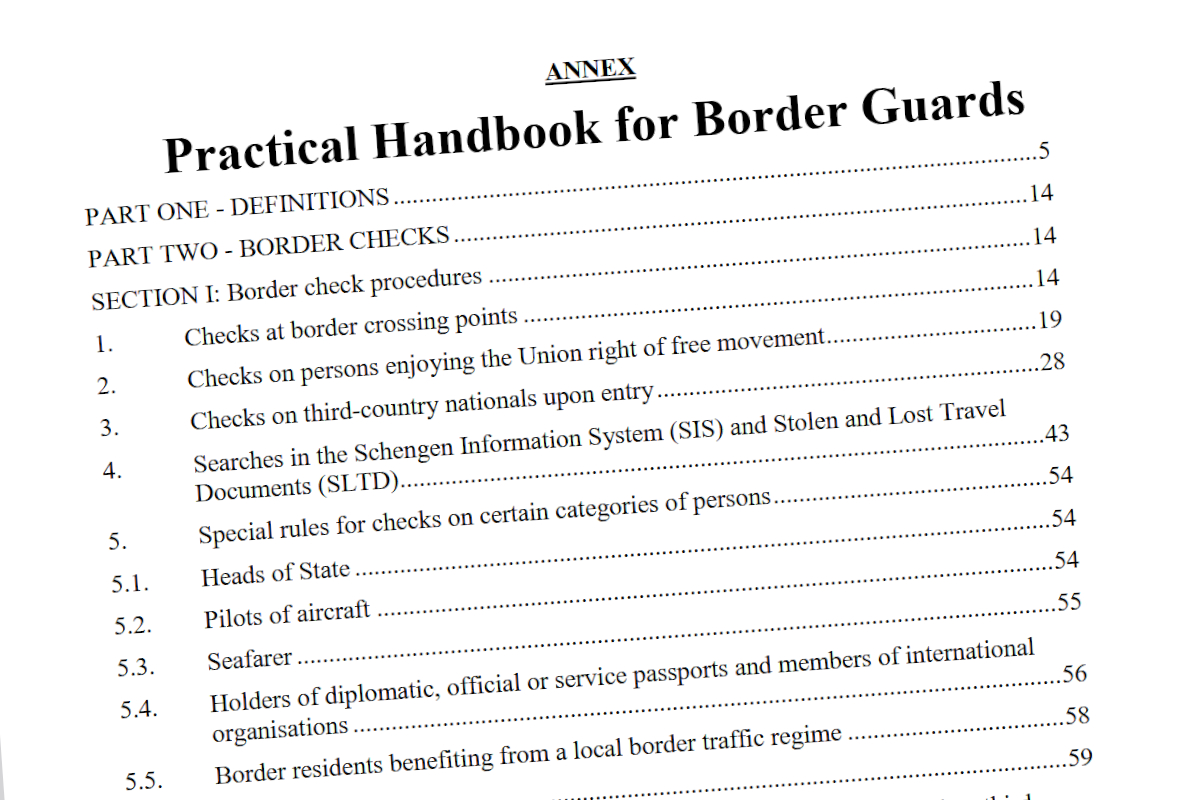UK government’s disrespect for rights could jeopardise cooperation with EU, warn MEPs
Topic
Country/Region
19 October 2023
The UK government’s intention to undermine human rights and wipe swathes of retained EU legislation off the books has set alarm bells ringing in the European Parliament’s civil liberties committee, which approved an opinion last week expressing “deep concern over current legislative processes in the UK.”
Support our work: become a Friend of Statewatch from as little as £1/€1 per month.

Image: Nikam Azanjee, CC BY-NC-ND 2.0
Human rights exit
The opinion (pdf) was drawn up to provide input into a European Parliament resolution on the implementation of the EU-UK Trade and Cooperation Agreement (TCA), and sees the committee express “concerns over discussions in the UK on leaving the ECHR [European Convention on Human Rights].”
Government ministers and Conservative Party MPs have repeatedly raised the possibility of leaving the ECHR. At the Conservative Party conference earlier this month, the Home Secretary, Suella Braverman, referred to the Human Rights Act as “the Criminal Rights Act”.
The civil liberties committee opinion also takes aim at the Data Protection and Digital Information (No. 2) Bill, which is still under discussion, and the Illegal Migration Act and Retained EU Law Act, both of which were approved earlier this year.
Data protection standards
It highlights the policing and security data sharing provisions in the TCA that allow for “the exchange of DNA data, passenger name record data and criminal record information,” noting that “it is of the utmost importance” that the UK provides equivalent data protection standards to the EU “in order to avoid putting EU standards and therefore EU citizens’ fundamental rights at risk when sharing data with the UK.”
The Data Protection and Digital Information (No.2) Bill presents just such a risk, the opinion warns, by allowing for onward transfers of personal data to countries with insufficient data protection standards; by including “powers for the UK Government to legalise data processing for national security, law enforcement and public authorities’ access to personal data held by private entities”; and by introducing permission for automated decision-making, in contravention of EU and international law.
The committee also warns that the data Bill would reduce oversight and supervision of personal data processing within organisations, whilst undermining the independence of the national supervisory authority, the Information Commissioner’s Office (ICO). It also notes the ICO’s lack of resources to fulfil its remit, a problem that also affects every national supervisory authority in the EU.
The committee point out that lowering data protection standards below the EU’s will put at risk the UK’s cooperation with the EU on travel surveillance data-sharing, participation in the Prüm network of police databases (which the EU is currently expanding significantly), as well as the UK’s ongoing ability to cooperate with EU agencies Europol and Eurojust.
It is not just MEPs who are of this view - earlier this year, Statewatch published a statement by the Council of the EU that said if the UK were to cease applying the ECHR "in such a way as to no longer allow the Convention to be effectively relied upon by individuals before its domestic courts," it would suspend cooperation under policing, judicial and security cooperation under the TCA.
The opinion also notes that “the UK’s mass surveillance programmes do not comply with standards that are essentially equivalent to EU data protection rules,” suggesting that it should not have been deemed “adequate” by the European Commission in the first place, but the committee does not dwell on this point.
Not just data
The right to a fair trial, the substantial increase in EU citizens refused entry to the UK, and differential visa procedures for citizens of different EU member states are further issues raised in the committee’s opinion.
The opinion was drafted to provide input to a non-binding parliamentary resolution, which is currently due to be voted on in mid-November.
Documentation
Our work is only possible with your support.
Become a Friend of Statewatch from as little as £1/€1 per month.
Further reading

Brexit: UK nationals “are being wrongfully detained whilst transiting through the Schengen area”
UK citizens who have retained post-Brexit rights as legal residents of EU member states have “encountered problems when transiting Schengen States on their way to the [member state] where they reside,” according to the European Commission – including “being wrongfully detained whilst transiting through the Schengen area.”

UK asylum plans could end police and judicial cooperation with the EU
The UK government's latest attack on refugees, described as "a clear breach of the Refugee Convention" and seemingly incompatible with the European Convention on Human Rights, could lead to the EU terminating parts of the Trade and Cooperation Agreement.
Brexit: Goodbye and hello: The new EU-UK security architecture, civil liberties and democratic control
<p>The UK government's domestic programme seeks to crack down on dissent and to abolish or severely limit ways for the public to hold the state to account. This report shows that those ambitions also play a role in the post-Brexit agreement with the EU. The treaty makes it possible for the UK to opt in to intrusive EU surveillance schemes with no explicit need for parliamentary scrutiny or debate, and establishes a number of new joint institutions without sufficient transparency and accountability measures.</p>
Spotted an error? If you've spotted a problem with this page, just click once to let us know.

